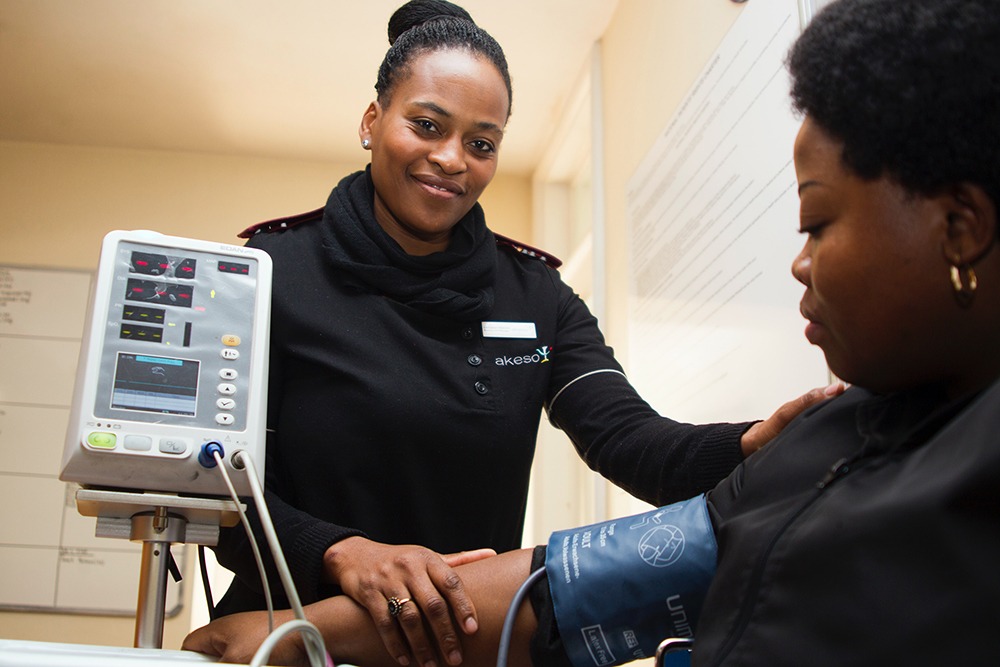Good health is not a right, it’s a privilege.
As a teenager, I was convinced that my body was indestructible, like those of the television characters I idolized: Batgirl and Wonder Woman. I lived on a diet of hamburgers, french fries, macaroni and cheese, soda, alcohol, and cigarettes. And my habits didn’t change much as I grew older. I just added more expensive foods, such as fine wine and rich pasta. The only time I went to the doctor was when I was forced to go. My health, in my mind, was someone else’s responsibility. Obviously, it wasn’t mine.
So it should come as no surprise that, after years of poor habits and addiction, I pay the price for my previous lifestyle and twisted belief system. Despite twenty-six years of recovery, I have physical scars that will never go away. Sometimes the price I pay is chronic back pain, sometimes it’s that I can’t move parts of my body with a complete range of motion, sometimes it’s that I must reread material several times to understand it, and sometimes it’s just hard to breathe through my nose because I smoked three packs of cigarettes a day for sixteen years. I haven’t had a cigarette since 1982. It has taken me years to understand, but today I know my health is my responsibility.
Good health is not a right, it’s a privilege. And with privilege comes responsibility. For many of us, it’s only when we lose our health that we realize how important it is. I have a friend who has lung cancer. He has smoked cigarettes for twenty-seven years. That could be me—or you.
What gets in the way of good health? Damaging beliefs that suggest our health is someone else’s responsibility, fear, laziness, lack of information, an it-can’t-happen-to-me attitude, and a wait-and-see attitude are all among the obstacles.
I recently asked a group of people how many believed their health was their responsibility. All hands flew up.
“Absolutely!” said one woman. “It’s my job to take care of my health.”
“Who else is supposed to take care of it?” someone else yelled out. “What a silly question,” said the third person. “Of course, my health is my responsibility.”
And yet as the session went on, most of the respondents left me wondering whether they really believed what they said. Two were overweight, several smoked at the break, and one person shared his fear of confronting his doctor about the medication he was prescribed. It’s easy to say we are responsible, but the evidence is in our actions— and our actions don’t lie. Knowing something is your responsibility and really accepting responsibility are not one and the same. We accept responsibility when we do something about it. In some cases, that means ceasing damaging behavior.
Fear of what we might find is another reason we don’t take care of ourselves. For years I refused to get an AIDS test, even after years of illicit sexual behavior. It was fear of what I’d find that stopped me. Not knowing seemed safer than knowing. Lack of time is another reason used for not taking responsibility for our health. One of my clients admitted she hadn’t had a checkup in sixteen years.
“Why not?” I asked.
“Because I never had the time,” she answered.
“Didn’t have the time?” I asked. “How could you not have the time to go to the doctor?”
“I work,” she said, “have kids, and a husband to take care of. Who has the time to go to the doctor?” The truth is – if she doesn’t take care of herself, she won’t have to worry about her job, kids, or husband. Our health is our responsibility.
Finally, one of my other clients went to the doctor for an annual checkup but refused to do regular self-testing for breast cancer. She forgot or just didn’t feel like it or didn’t have the time. Last year, she was diagnosed with breast cancer. Was lack of information her problem? Was the lack of a self-exam the cause? Doubtful, yet had she regularly examined herself and gotten mammograms, perhaps cancer could have been detected sooner.
Yes, sometimes lack of time, lack of knowledge, or lack of funds can be an obstacle. But thanks to the Internet, the public library, magazines, books, and yes, even television, information is readily available and free. As for lack of money, local clinics provide a vari- ety of services for free. All we have to do is ask for help.
Another obstacle to taking care of our health is the belief that nothing can happen to us. We may think that we can treat our bodies any way we want and not have to deal with the consequences. The final obstacle to taking care of our health is a wait-and-see attitude. We wait to see if the problem goes away, despite evidence suggesting we should take care of it now. Sometimes we think that if we ignore it, the problem will go away. More often than not, it gets bigger.
I invite you to explore ways to take better care of your health. For some of you, it will mean moving your body, drinking more water, or reducing the amount of food you eat. For others, it will mean eating more or getting a checkup. Get ready for a healthful experience today!
Until next time, I’m Francine D. Ward – a passionate spokesperson for acts that lead us towards increased self-esteem!











